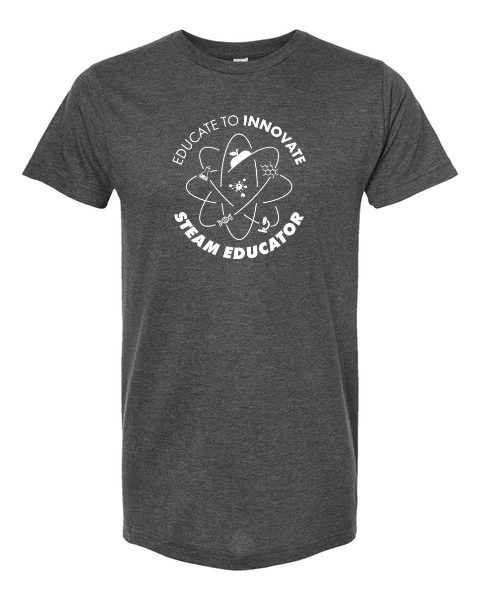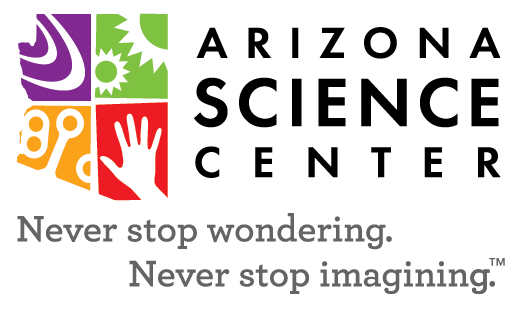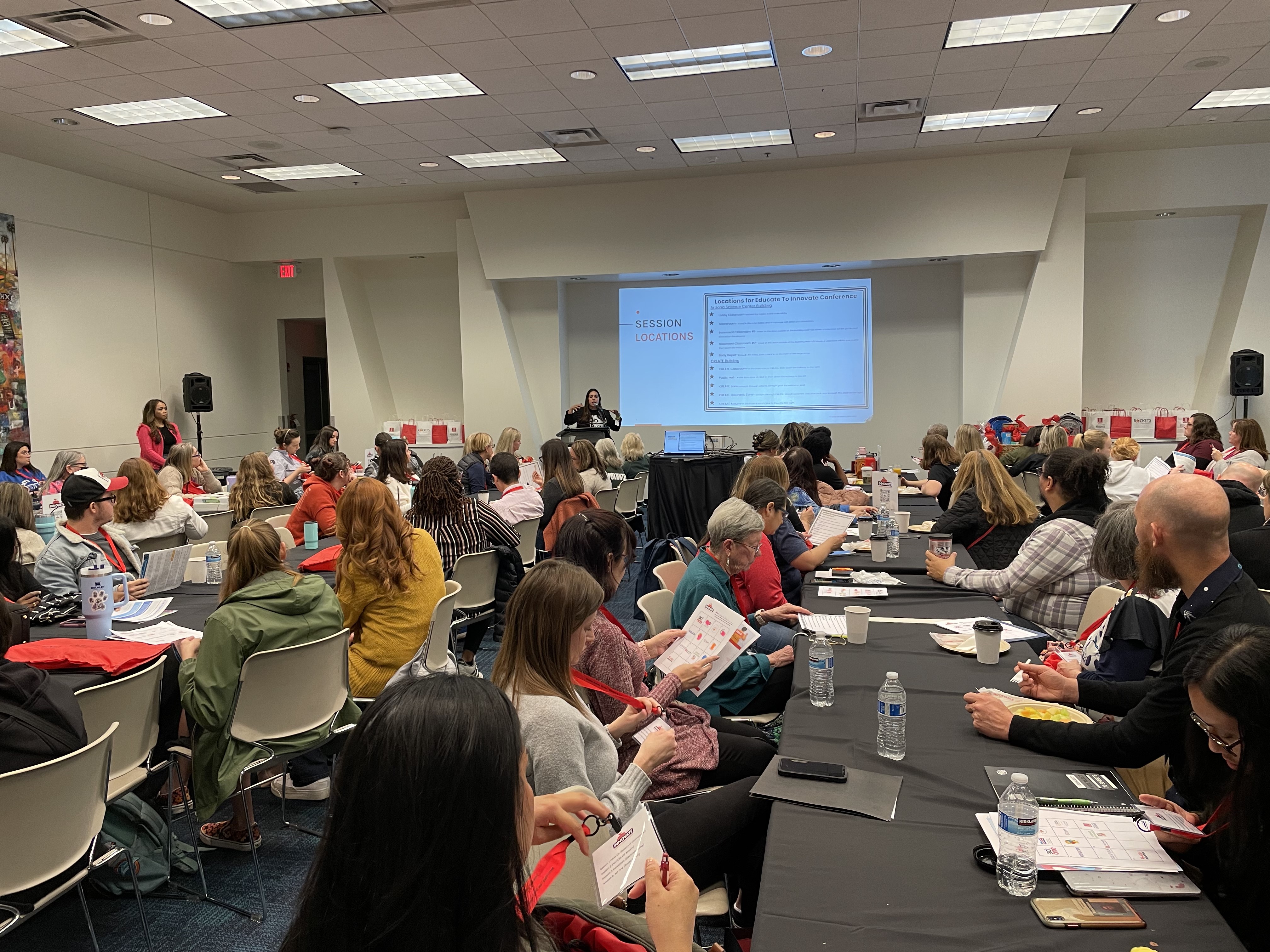
Registration Now Open for Fall 2025 Educate to Innovate!
Friday, September 19
8:30 a.m. to 3:30 p.m.
Calling all Arizona Preschool-12 and Preservice Educators! Arizona Science Center is pleased to invite to the Educate to Innovate Conference. Join us for a day of inspiration, innovation and fun! Spend the day earning professional development hours by engaging with innovative content, networking with colleagues and exploring ways to engage our learners in STEM lessons.
Reserve Your Spot Today Register With a PO

Order Your Educate to Innovate T-Shirt!
Don't miss out! Pre-order your Fall 2025 Educate to Innovate t-shirt now. Orders must be received by 11:59 p.m. on Monday, September 1.
Registration Benefits:
- Breakfast and lunch
- Free educator swag
- Chance to win great raffle prizes
- Six hours of professional development
- FREE Educator Membership, compliments of APS
Session Facilitator Proposals & Vendor Tables
During the conference, educators from across State 48 will gather at Arizona Science Center to experience professional development that showcases activities and resources to engage learners in quality, research-based, STEM content! Participants will have the opportunity to attend four 50-minute sessions. Sessions will immerse educators in STEM content that reflects current best practices in education and aligns to Arizona Science Standards.
The full-day conference offers numerous educational sessions, along with opportunities to learn about STEM resources from the Center and other organizations in the Valley. Beyond the many impactful sessions, Educate to Innovate also helps educators broaden their networks and forge valuable connections with peers through support and advice.
Please submit your session proposal no later than Friday, July 25.
Presenters will be emailed a discount code for $50 off a vendor table!
Session Proposal Form Vendor Table Registration
Vendor Table Registration
Educate to Innovate is Generously Supported by

Stay Connected!
Want to be the first to know of any educator professional development opportunities at Arizona Science Center? Sign up for our monthly educators-only newsletter!
JOIN OUR COMMUNITY

